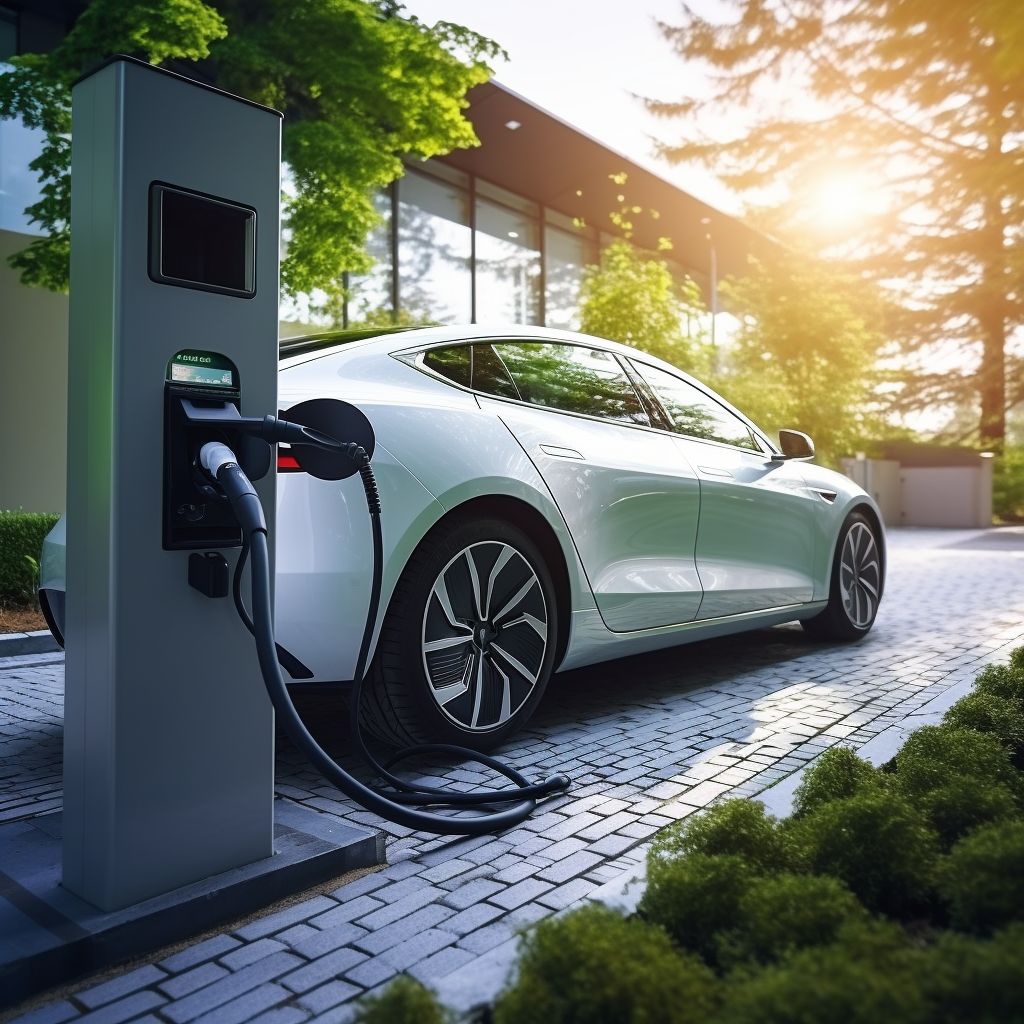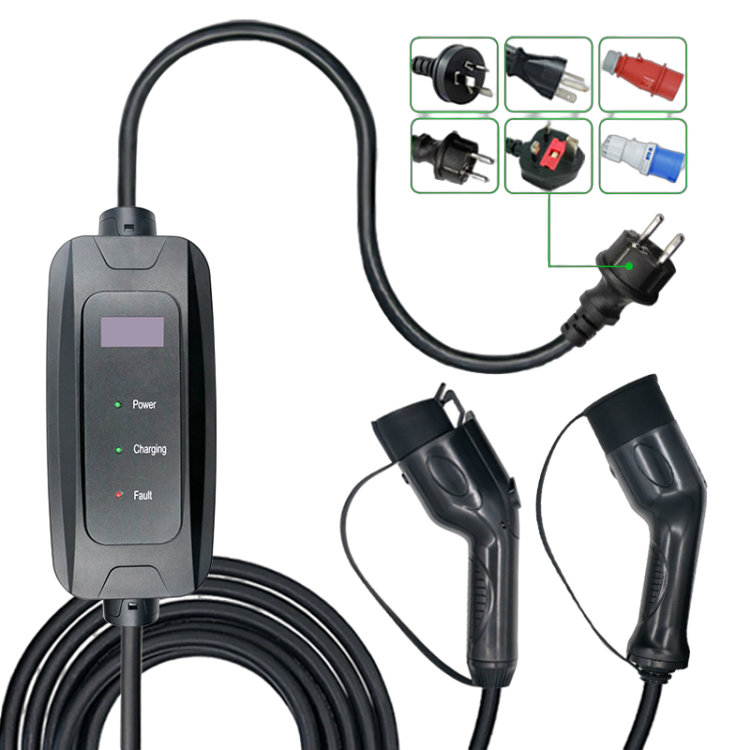Electric vehicle chargers are devices that deliver electricity to the battery of an electric vehicle. They can be classified based on their operation, charging speed, and intended use. Here are some different types of electric vehicle chargers:
Standard Home AC Charger (Level 1):
Voltage: Typically 120 volts (USA) or 230 volts (Europe).
Charging Speed: Relatively slow, providing 2 to 5 miles of range per hour.
Use: Primarily for home charging, usually compatible with standard household electrical outlets.
Residential AC Charger (Level 2):
Voltage: Typically 240 volts.
Charging Speed: Faster than Level 1, offering 10 to 25 miles of range per hour.
Use: Suitable for home charging, requires dedicated electrical circuits and charging equipment.
DC Fast Charger:
Voltage: Usually 300 volts or higher.
Charging Speed: Very fast, typically capable of charging 50-80% of the battery in 30 minutes.
Use: Ideal for long-distance travel, commonly found at commercial charging stations.
Superchargers:
Voltage: Typically high voltage, such as Tesla’s Superchargers often exceeding 480 volts.
Charging Speed: Extremely fast, can provide a substantial range in a short time.
Use: Proprietary charging equipment provided by manufacturers like Tesla for long-distance travel.
Wireless Chargers:
Voltage: Typically use household AC power.
Charging Speed: Relatively slow, requires a wireless connection between the vehicle and charging pad.
Use: Offers convenient charging but at a slower rate, suitable for home and some commercial locations.
Portable Chargers:
Voltage: Typically use household AC power.
Charging Speed: Usually slower, intended for emergency use or when no charging infrastructure is available.
Use: Can be kept in the vehicle’s trunk for emergency charging or when no charging equipment is present.
Smart Chargers:
These chargers have internet connectivity, allowing for remote monitoring, control, and billing.
They can optimize charging times to take advantage of lower electricity costs or renewable energy sources.
Different types of electric vehicles and manufacturers may use different charging interfaces and standards, so it’s essential to ensure compatibility when selecting a charger. Additionally, factors like charging speed, charging station availability, and charger cost are essential considerations when choosing a charger. Charging infrastructure continues to evolve to meet the growing demand for electric vehicles.
16A Portable Electric Vehicle Charger Type2 With Schuko Plug
Post time: Sep-25-2023










